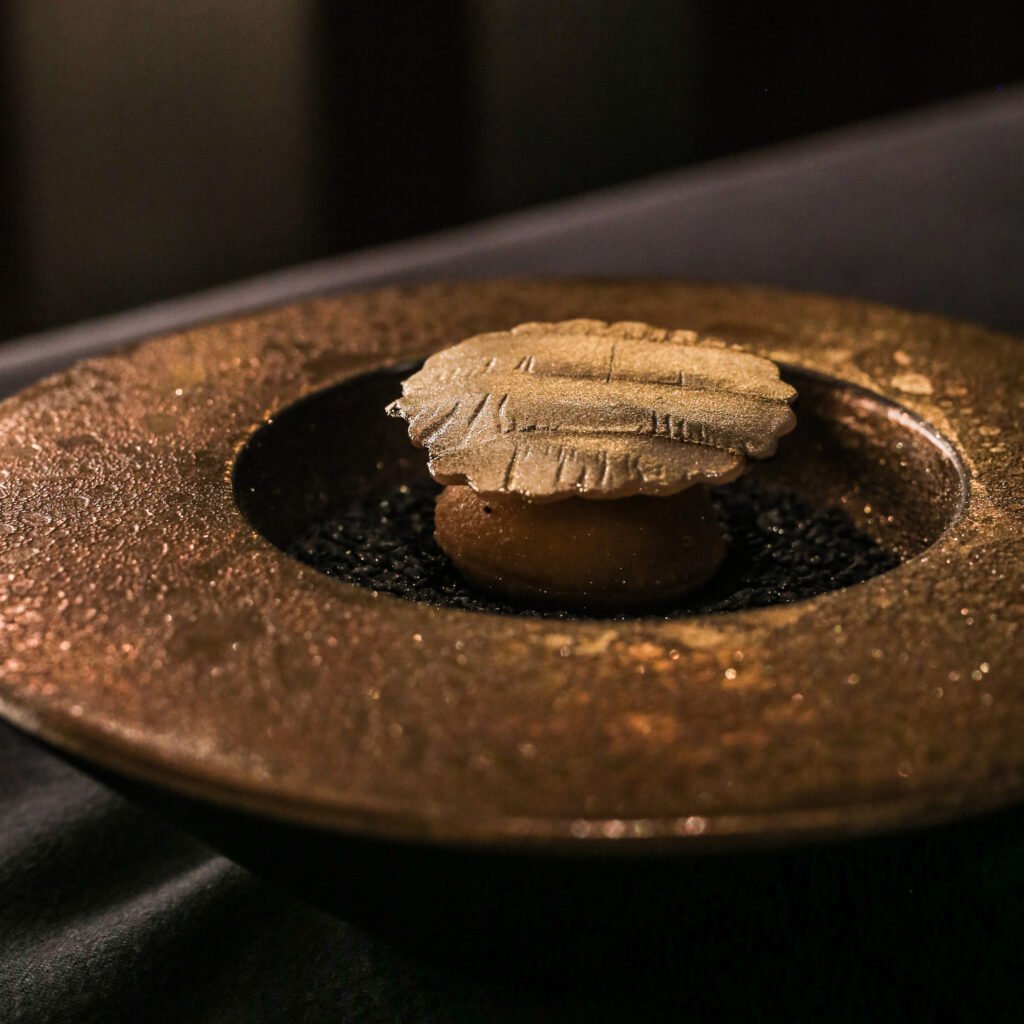Central Thailand, with its bustling cities, serene river valleys, and rich cultural heritage, is the heartland of Thai civilization and a treasure trove for culinary enthusiasts. Fine dining in this region offers a symphony of flavours that not only celebrate traditional Thai heritage and modern innovation but also serve as a direct connection to the rich cultural legacy of the kingdom. These flavours draw from the fertile plains, local markets, and Thailand’s royal cuisine, creating a culinary experience deeply rooted in the country’s cultural significance.
The Flavour Palette: A Harmonious Balance
Central Thai cuisine is renowned for its balanced taste profile, a culinary art that carefully combines sweet, salty, sour, and spicy elements in each dish. This balance, often referred to as a ‘flavour palette ‘, is a testament to the culinary artistry of the region. Fine-dining chefs in the region often strive to elevate this balance, creating culinary masterpieces that are more nuanced and layered than the fiery southern dishes or the herbaceous flavours of the north.
Signature ingredients like coconut milk, palm sugar, fresh herbs, and various chilies are combined to produce dishes such as Massaman curry, Tom Yum Goong, and the delicate Green Curry, staples of Central Thai cuisine. Fine dining restaurants infuse these beloved dishes with artisanal techniques, precision, and attention to detail. The complexity of flavours, often understated in everyday meals, is accentuated in high-end establishments, creating a multi-sensory dining experience.
Bangkok: The Pinnacle of Fine Dining
Bangkok, the vibrant capital, has emerged as a global gastronomic hub, drawing food innovators and culinary artists from all corners of the globe. These chefs bring a fresh perspective to traditional Thai dishes, infusing them with international influences and contributing to the city’s diverse culinary landscape.
Restaurants like Gaggan —a progressive Indian-Thai fusion experience—Sorn, known for showcasing Southern Thai cuisine in an elegant form, and R-HAAN, which offers a unique modern twist on Thai classics, are prime examples of how the city has become a playground for chefs with creative visions. The décor, presentation, and ambiance in these restaurants elevate the entire dining journey, where culinary artistry meets storytelling on a plate.
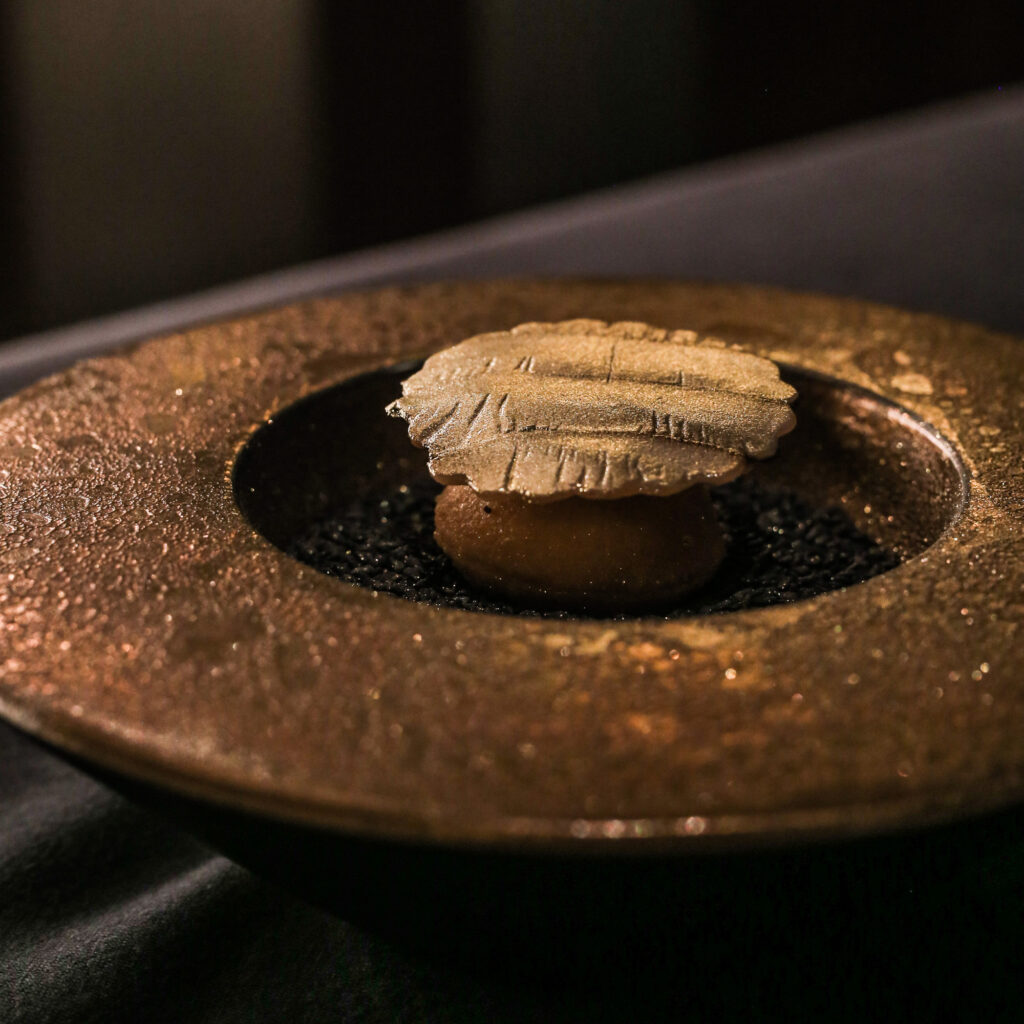
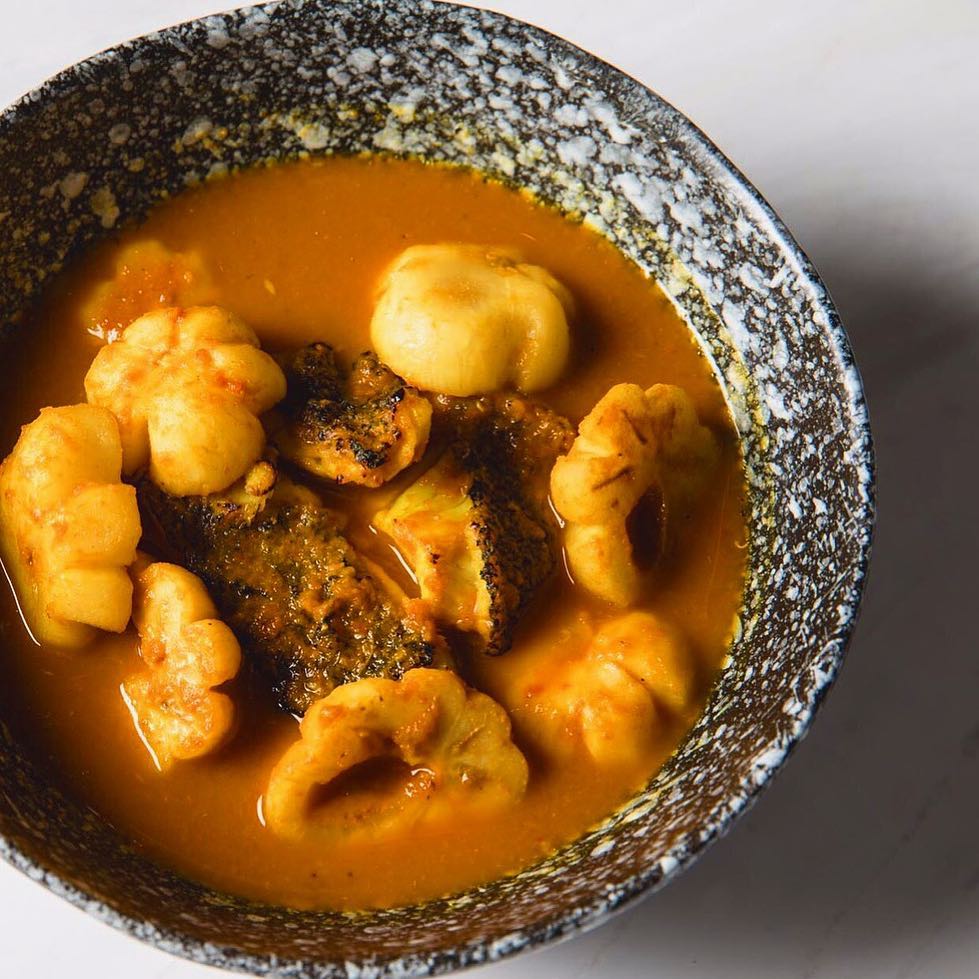
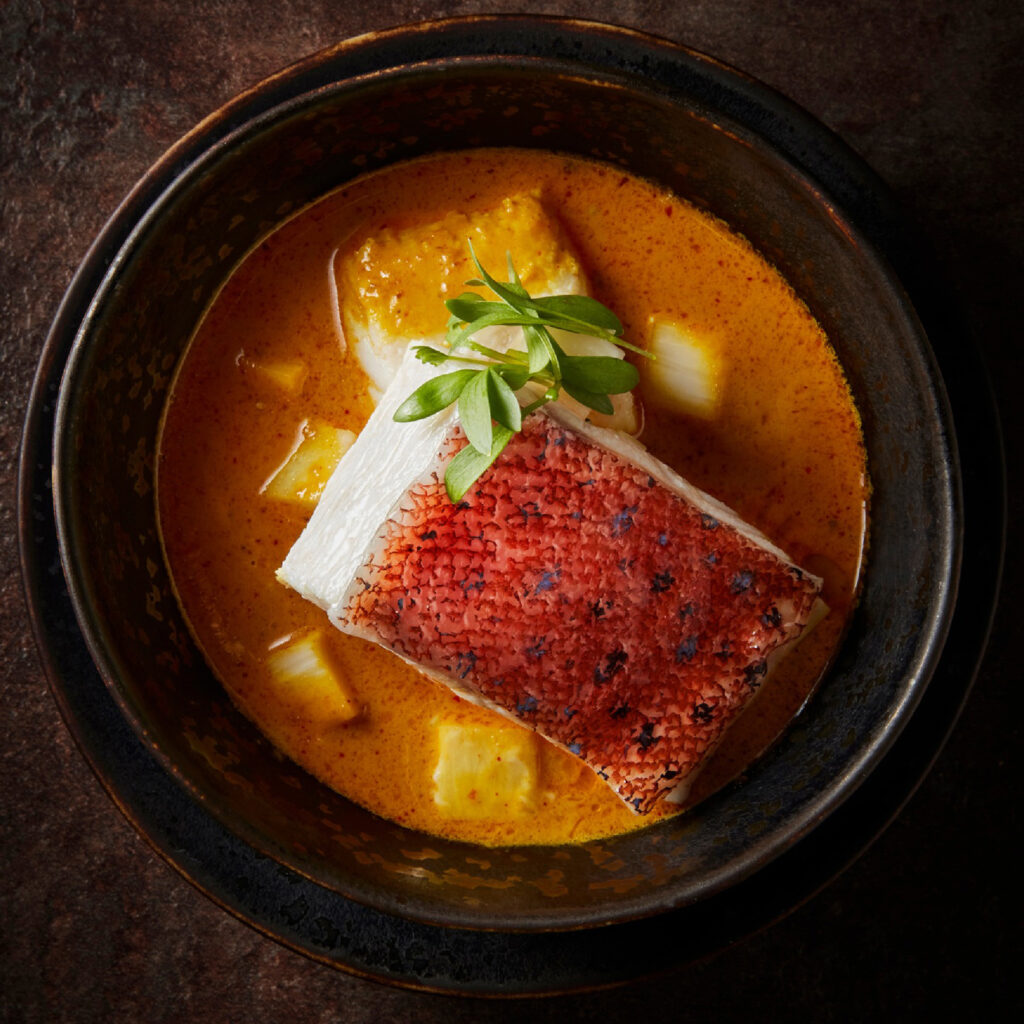
Traditional Royal Thai cuisine—historically prepared for the country’s aristocracy—has found new expressions in these restaurants. Fine dining venues in Bangkok often reinterpret dishes like Khao Chae (chilled rice with jasmine-scented water) and Miang Kham (betel leaf wraps) with an infusion of international flavours, creative plating, and molecular gastronomy techniques.
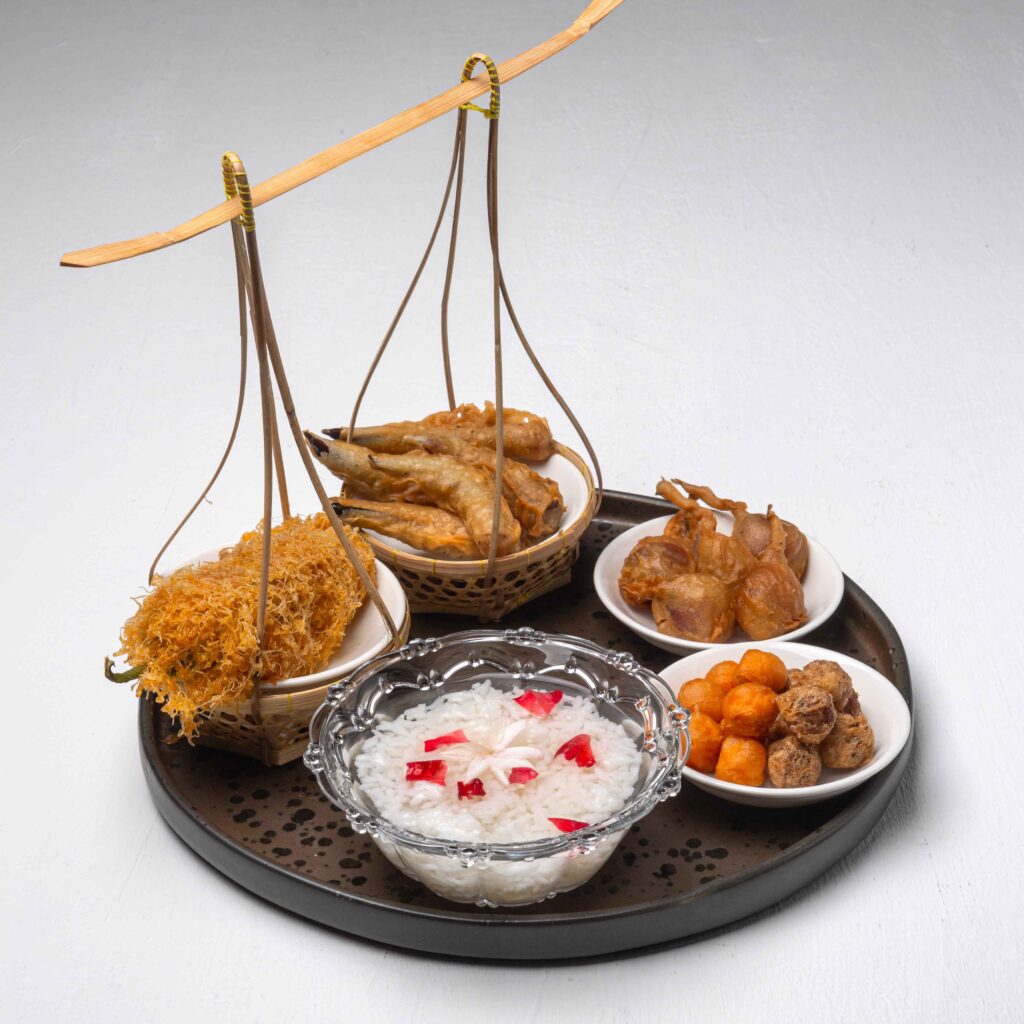
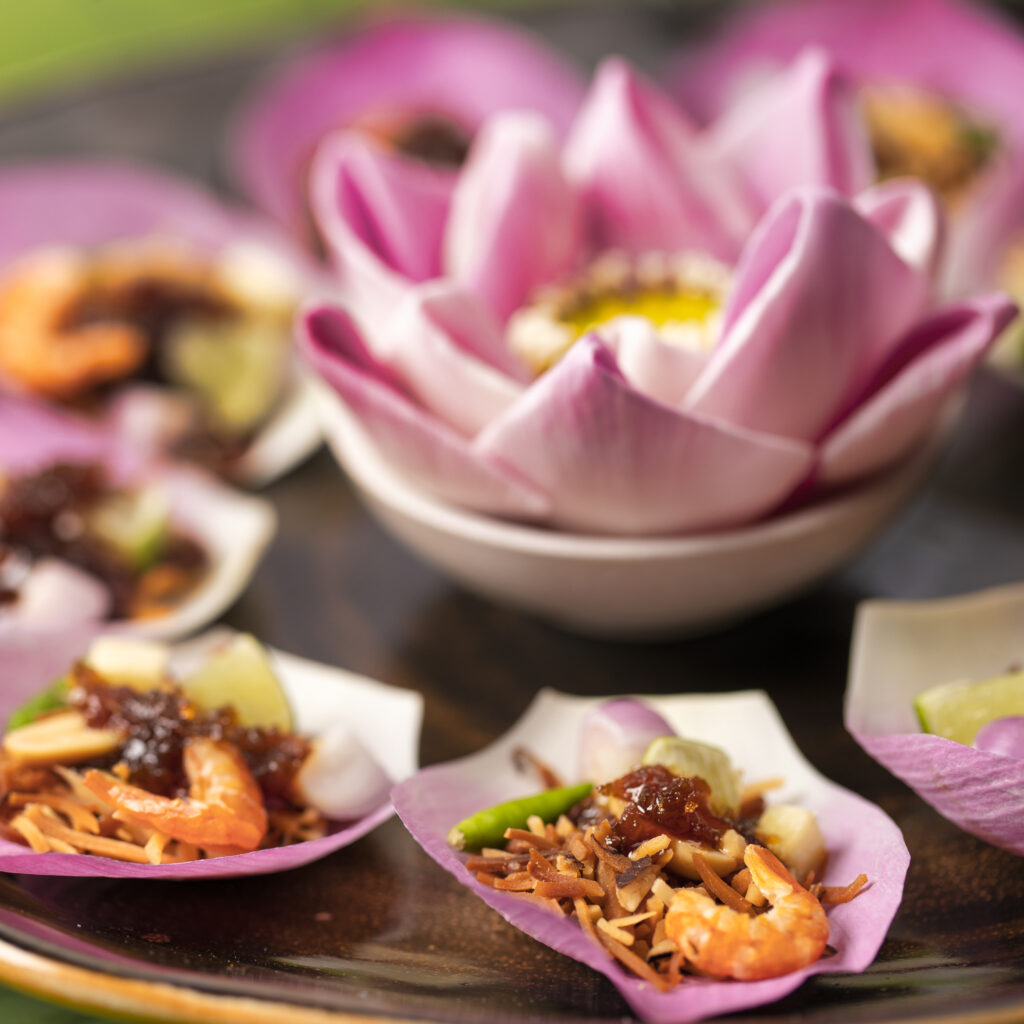
Seasonality and Sustainability
One of the significant trends shaping fine dining in Central Thailand is the growing focus on sustainability and seasonality. Chefs have begun incorporating locally sourced, organic ingredients, collaborating with nearby farms and markets. This commitment to sustainability not only reduces the carbon footprint but also celebrates the abundance of native ingredients from the Chao Phraya River basin, inspiring a new generation of chefs and food enthusiasts.
Nahm, one of Bangkok’s Michelin-starred restaurants, pioneered this movement. The restaurant emphasizes using traditional ingredients, such as fermented shrimp paste and wild herbs, in contemporary dishes while adhering to sustainable sourcing methods. Chefs also experiment with indigenous vegetables and rare rice varieties, like Jasmine Rice 105, to heighten the sense of locality in their culinary presentations.
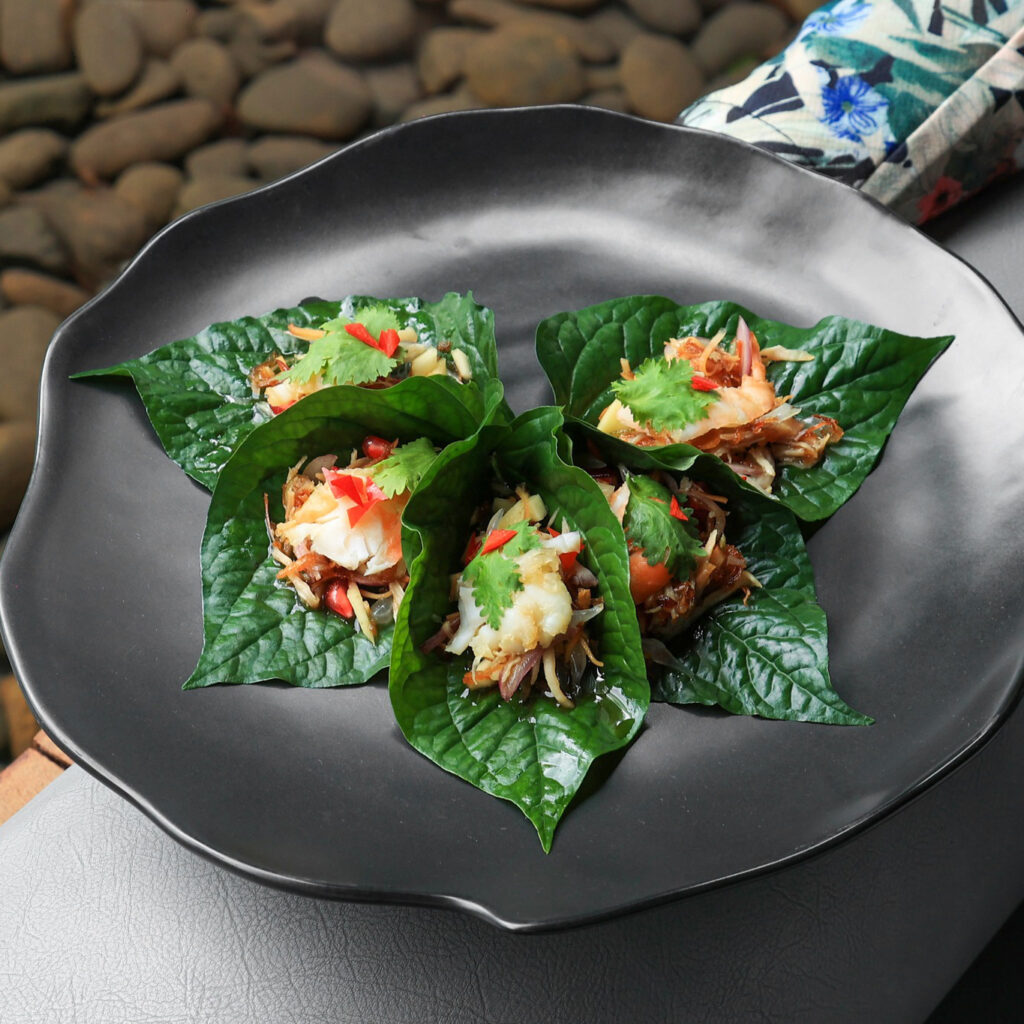
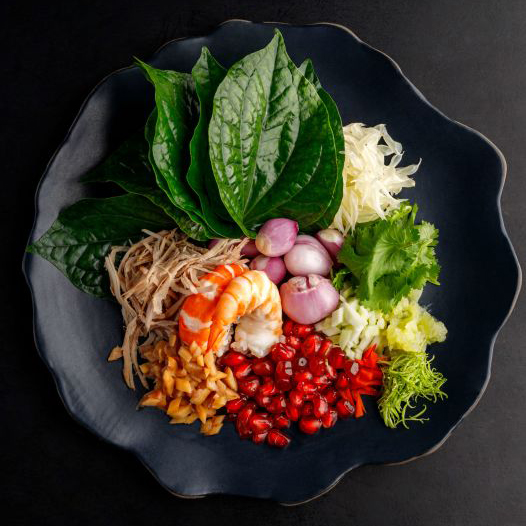
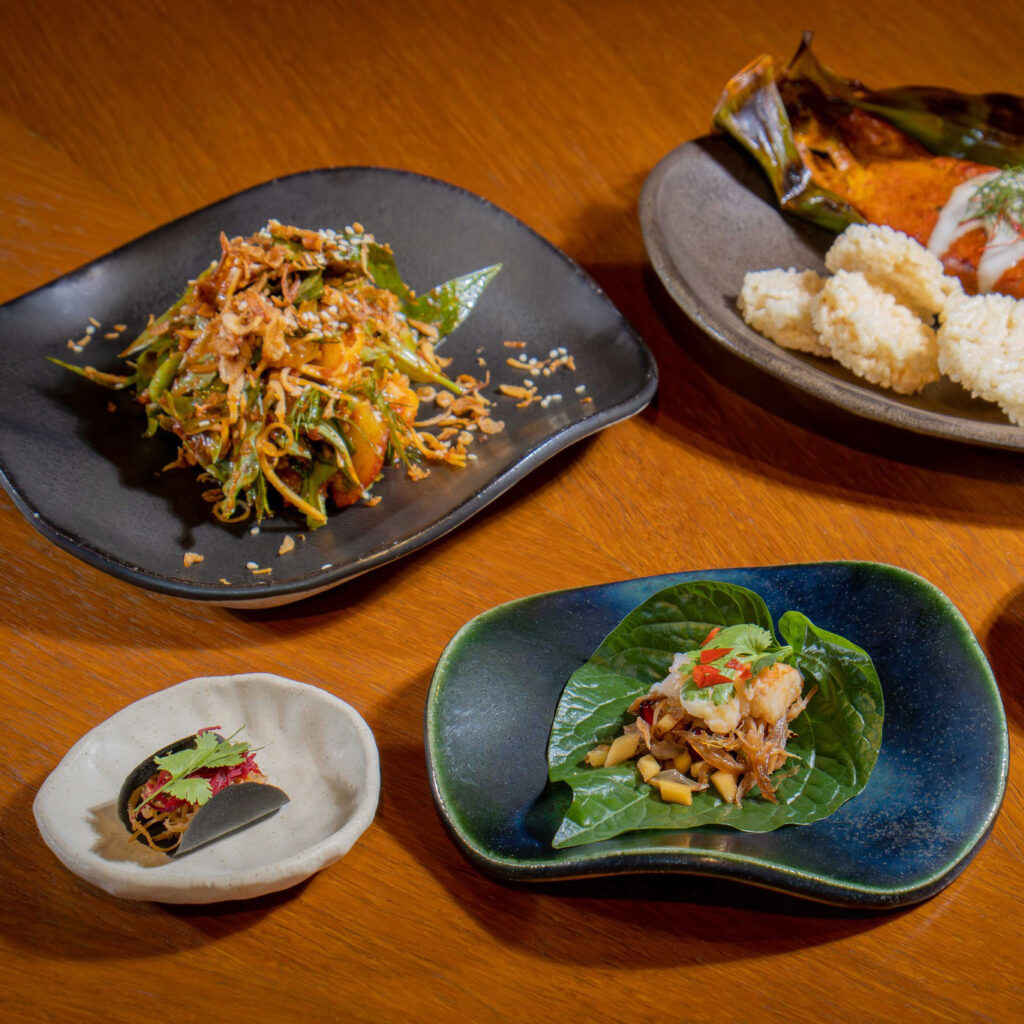
A Journey Beyond Bangkok
While Bangkok remains the epicentre of fine dining, other parts of Central Thailand offer extraordinary gastronomic experiences. With its riverside ambiance, the ancient city of Ayutthaya is home to restaurants that pair the region’s rich history with exquisite dining. Sala Ayutthaya Eatery and Bar is a prime example, blending contemporary Thai dishes with stunning views of ancient temples, providing a truly immersive experience.
The province of Kanchanaburi, known for its breathtaking landscapes, also has a growing fine dining scene. Here, the fusion of traditional Thai ingredients with international techniques is paired with the natural beauty of the riverfront and surrounding hills, offering a dining experience that connects with nature.
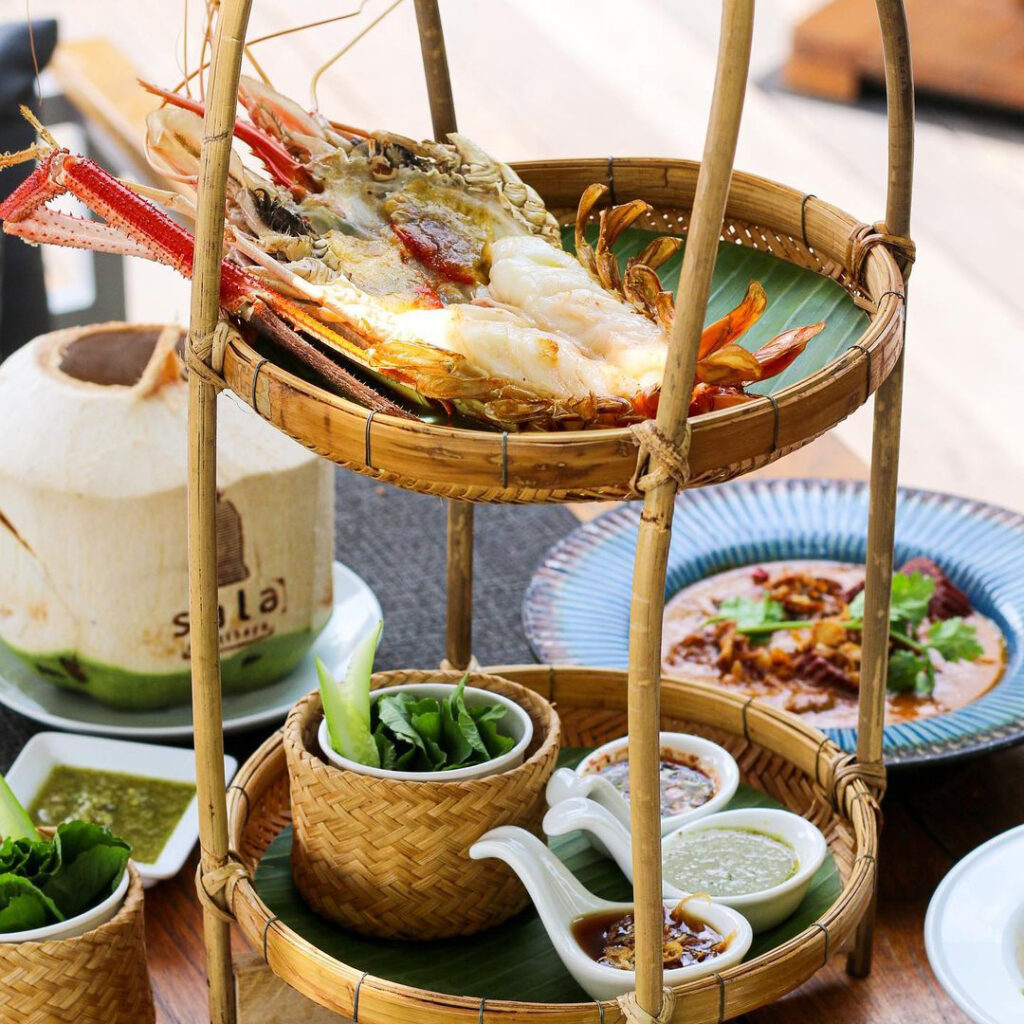
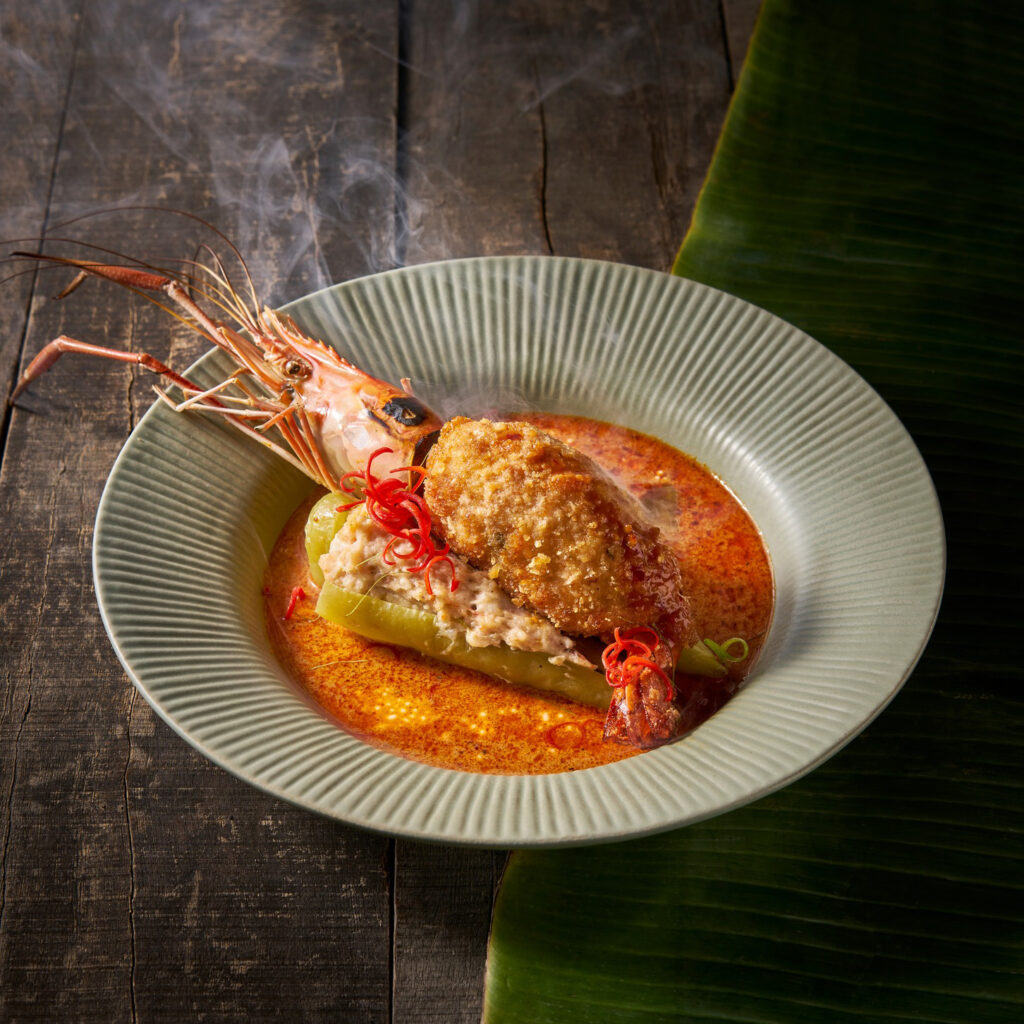
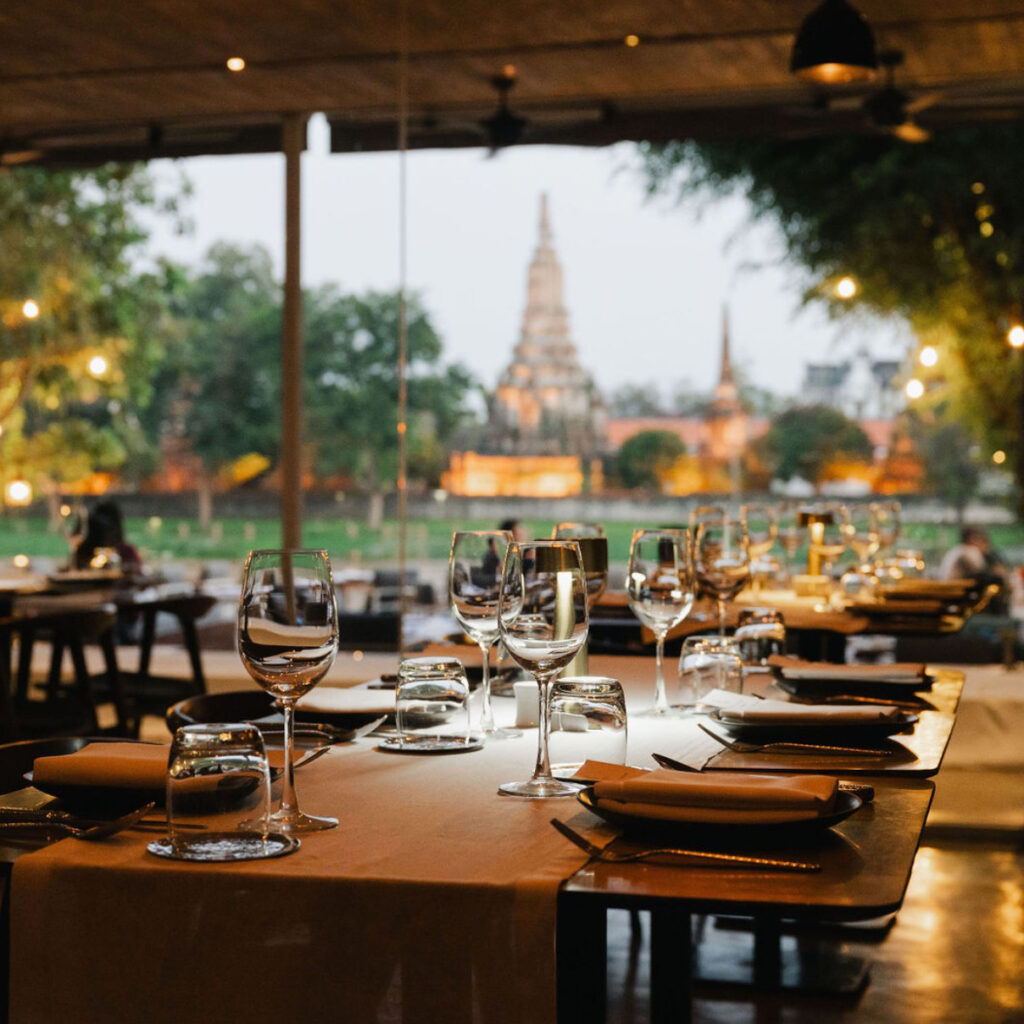
Culinary Art as a Cultural Reflection
Central Thai fine dining is not just a culinary experience—it’s a reflection of culture, history, and the Thai way of life. The dining experience embodies Thailand’s cultural values of sanook (fun) and nam jai (generosity), with dishes designed for sharing, enjoyment, and rooted in deep hospitality.
At many fine dining establishments, diners can witness culinary performances reminiscent of ancient Thai customs, such as traditional dance and the art of carving fruits and vegetables into delicate floral arrangements. These experiences add cultural depth to the meal, connecting the diner with Thailand’s food and soul.
Fine dining in Central Thailand is a journey that transcends the palate. It explores flavours, heritage, innovation, and sustainability, where the traditional meets the contemporary. Whether in the bustling streets of Bangkok or the tranquil banks of the Chao Phraya River, Central Thailand’s fine dining scene offers a feast for the senses, celebrating the country’s culinary brilliance and reflecting its rich cultural legacy.
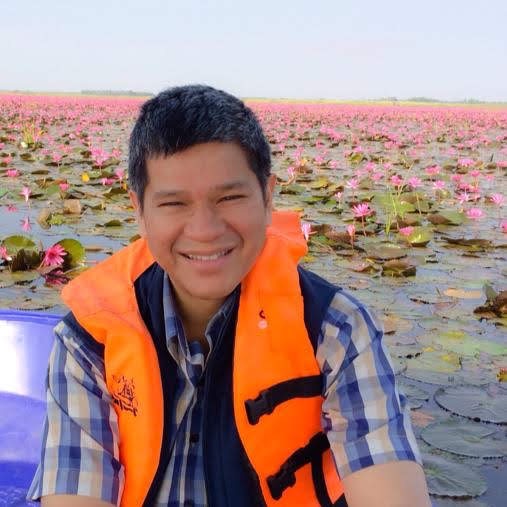
About the Author
“Frequent foodie and occasional craftsman of travel stories, Chattan Kunjara Na Ayudhya (Chat) draws on his nearly 4 decades of promoting Thailand’s tourism industry to highlight everything from world-class attractions to hidden gems. When not writing stuff, he makes it a mission to catch rom-coms and DC superheroes whenever they show up in theaters.”
The post Central Thailand Fine Dining: A Culinary Symphony Fit for Royalty appeared first on TAT Newsroom.
